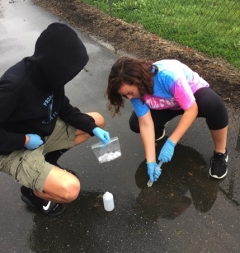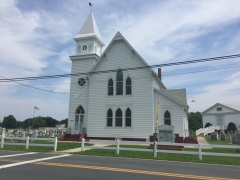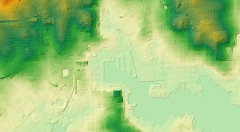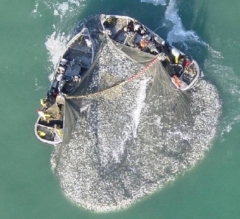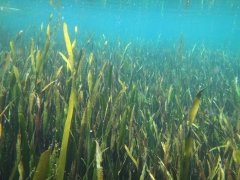Fellowship Experiences
A blog by and about students supported by Maryland Sea Grant
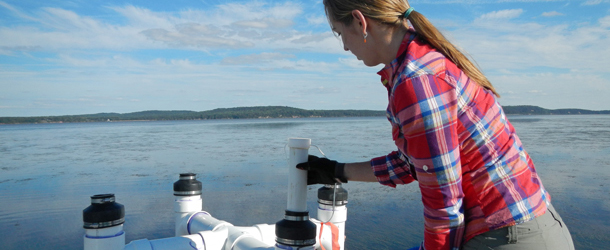
What They Will Remember Ten Years From Now
Three years ago, I was beginning my final semester as an undergraduate and facing the daunting task of student-teaching high-school classes about earth and environmental science full time for 10 weeks. I often thought about what students should take away from my class. What do I want students to remember in ten years?
Read more...Understanding Methodist Heritage Can Inform Planning Climate Futures
I recently sat down with a local waterman on one of the old weathered pews of the Joshua Thomas Chapel in Deal Island, Maryland. I was there to learn about the local heritage of the small fishing and farming communities that are spread across the low-lying marshy islands of the Deal Island Peninsula.
Read more...Faster Computers, Better Data Key to Predicting Storm Surges Better
Storm surge is one of the most dangerous natural hazards in America, and it happens frequently. Just a few months ago, Hurricane Matthew generated significant storm surges from Florida to North Carolina, which caused extensive flooding and damage in coastal communities along its path.
Read more...Learning About Menhaden: A Journey to Reedville
We had been driving for about four hours down the Atlantic coast, across fields and under wide skies, when we finally pulled off the road to a little café called Newsome’s Restaurant in Burgess, Virginia. Read more...
Scavenging for Ancient DNA Samples
Wild celery, a type of seagrass, can provide clues to how human activities have affected and changed the Chesapeake Bay ecosystem over long spans of time. Finding old samples for DNA analysis sent this graduate fellow on a scientific treasure hunt.
Read more...